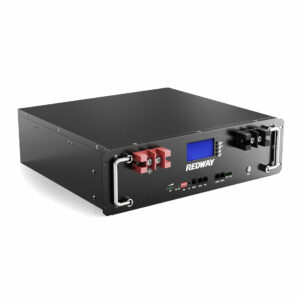Can a 200 watt solar panel run a refrigerator?
A 200W solar panel can potentially run a small, energy-efficient refrigerator under optimal conditions, but success depends on daily energy output, refrigerator consumption, and system components like batteries/inverters. Critical factors include sunlight hours (4–6 peak hours average), fridge wattage (typically 100–200W), and duty cycle (30–50% runtime). For example, a 200W panel generates ~1kWh/day, while a 100W fridge uses ~1.2kWh daily—requiring battery backup for nighttime operation.
How much energy does a refrigerator consume?
Refrigerator energy use varies by size and efficiency: mini-fridges (50–100W) consume 0.8–1.2kWh daily, while full-size models (150–300W) need 1.5–3kWh. Pro Tip: Check the EnergyGuide label for yearly kWh—divide by 365 for daily estimates.

Modern inverter-driven compressors reduce consumption by 30% versus older units. For instance, a 10-cu-ft DC fridge might draw 60W, running 8 hours/day (480Wh). However, startup surges can spike to 3x rated wattage—solar systems must handle 180–300W peaks. Practically speaking, pairing a 200W panel with a 100Ah lithium battery (1.2kWh) could power a mini-fridge if sunlight is consistent. But what if clouds cut output by 50%? The battery would drain in 12 hours, risking food spoilage.
What solar system components are required?
Essential components include the solar panel, charge controller, battery bank, and inverter. A 200W panel alone can’t run a fridge overnight—batteries store excess daytime energy.
A 30A PWM charge controller ($40–$80) suffices for small systems, but MPPT controllers ($120–$200) boost efficiency by 20%. Lithium batteries (e.g., LiFePO4) offer 80% usable capacity vs 50% for lead-acid. For example, a 200W panel charging a 200Ah LiFePO4 battery (2.5kWh) via MPPT can power a 75W fridge for 24+ hours. Warning: Undersized wiring (<10AWG) causes voltage drops, forcing panels to work harder.
| Component | Mini-Fridge System | Full-Size Fridge System |
|---|---|---|
| Solar Panel | 200W | 600W |
| Battery | 100Ah LiFePO4 | 300Ah LiFePO4 |
| Inverter | 300W Pure Sine | 1000W Pure Sine |
RackBattery Expert Insight
FAQs
How many solar panels for a standard fridge?
Typically 400–800W, depending on climate and fridge efficiency. In cloudy regions, 600W+ panels with 400Ah batteries are recommended.



